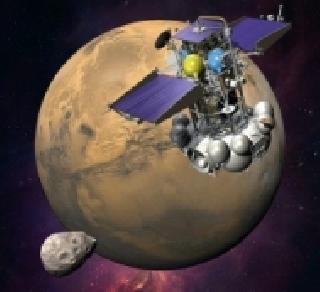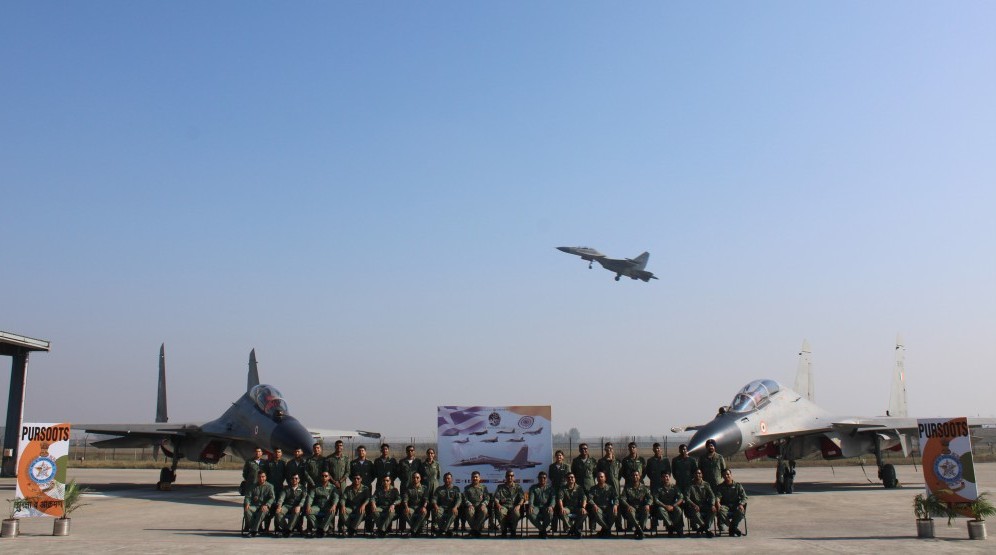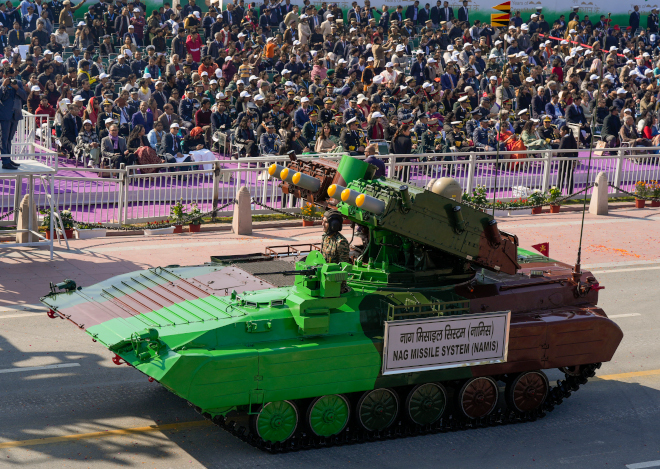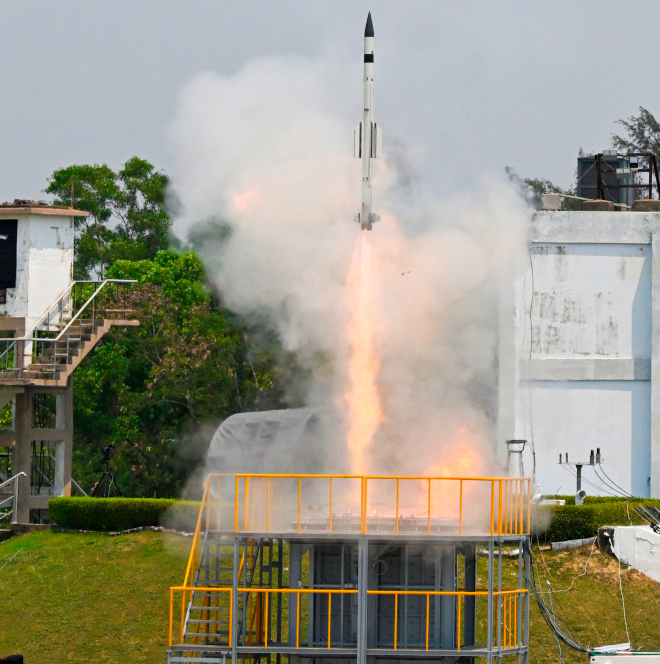
An artistic illustration of Phobos-Grunt spacecraft. A Roscosmos photo
MOSCOW (BNS): Keeping its hopes alive, Russia is making efforts to establish contact with the Phobos-Grunt unmanned spacecraft that got stuck in low Earth orbit following launch last week.
Russia still has time till early December to revive the spacecraft, the country's space agency chief said.
"We estimate that the Phobos-Grunt will fly until January, and to make it perform its mission we still have time until the beginning of December," head of Roscosmos, Vladimir Popovkin, was quoted as saying by Ria Novosti.
The Martian probe is presently moving along a "support orbit" but all efforts to receive signal from the craft have been futile.
According to Popovkin, the spacecraft is moving along a 200-km orbit and has "communication windows" with ground control stations for about two minutes at a time.
To establish contact with Phobos-Grunt, the specialists have reduced the power of the signal sent to the probe, since the first contact with the spacecraft was originally planned at a much higher trajectory, and widened the "communication window."
Allaying fears that the spacecraft could come crashing down and spill tons of highly toxic fuel on Earth, the space agency chief said, "There are 7.5 metric tons of fuel in the aluminum tanks on board.
We have no doubts that they will explode (and destroy the probe) upon re-entry, (but) it is highly unlikely that its parts would reach Earth."
Russia had launched the Phobos-Grunt probe from the Kazakhstan space centre on November 9. While the launch by a Zenit-2 booster rocket was successful, the spacecraft failed to fire its engine to put it on the correct course to the Red Planet.
The unmanned spacecraft was on a mission to explore Mars' fabled moon Phobos, collect rock and soil samples from there and return back to Earth three years later.
 Previous Article
Previous Article Next Article
Next Article













The Indian Air Force, in its flight trials evaluation report submitted before the Defence Ministry l..
view articleAn insight into the Medium Multi-Role Combat Aircraft competition...
view articleSky enthusiasts can now spot the International Space Station (ISS) commanded by Indian-American astr..
view article